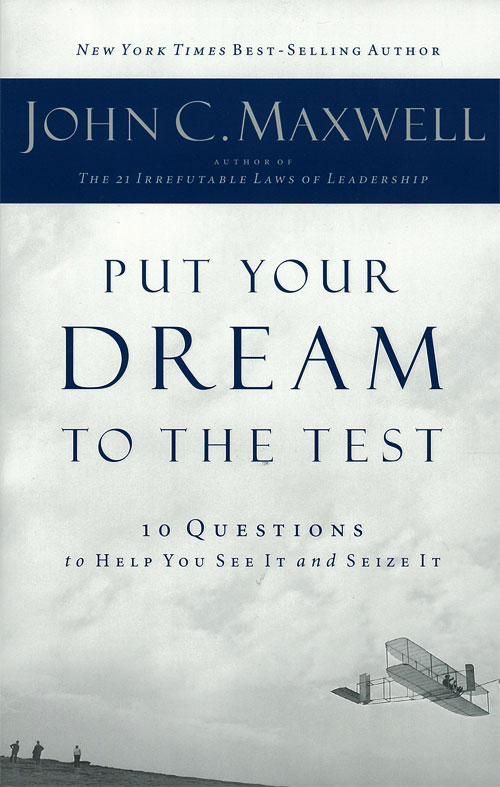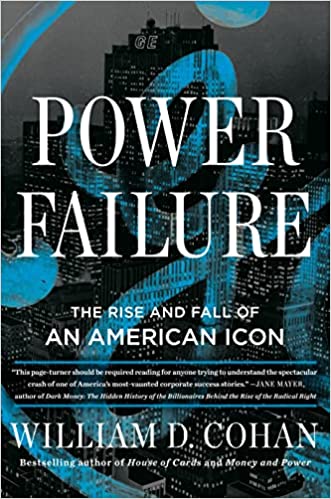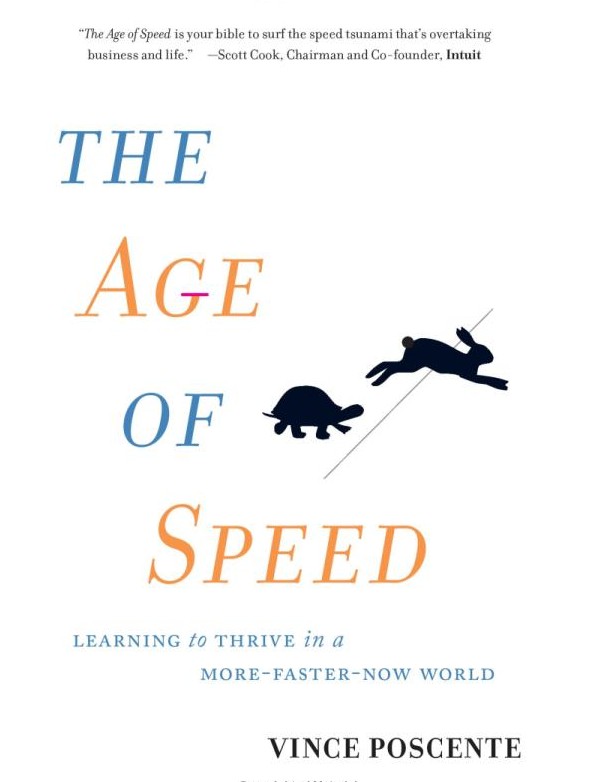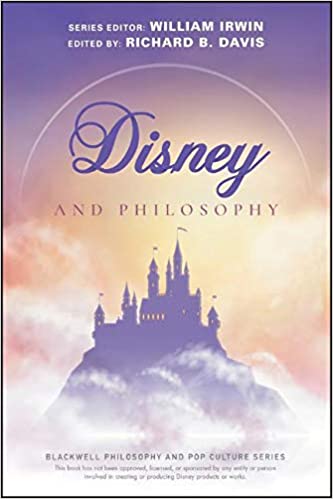





| БЙГЛМ КЯНсИгИЎ | [607,014]БЧ РаРН | |
|---|---|---|
| ЧиПмМ ЧСИЎКф | [0]БЧ РаРН | |
| БлЗЮЙњ ЦЎЗЛЕх | [2]БЧ РаРН | |
| ЙЬЕ№Ою КъИЎЧЮНК | [581]БЧ РаРН |
 [54]БЧ
[54]БЧ 
 |
Put Your Dream to th | |
| РњРк | John C. Maxwell | ||
| УтЦЧЛч | Thomas Nelson | ||
 |
Power Failure: The R | |
| РњРк | William D. Cohan | ||
| УтЦЧЛч | Portfolio | ||
 |
Trade Wars Are Class | |
| РњРк | Matthew C. Klein ьИ | ||
| УтЦЧЛч | Yale University Press | ||
 |
The Age of Speed | |
| РњРк | Vince Poscente | ||
| УтЦЧЛч | Bard Press | ||
 |
Disney and Philosoph | |
| РњРк | Richard Brian Davis ьИ | ||
| УтЦЧЛч | Wiley-Blackwell | ||